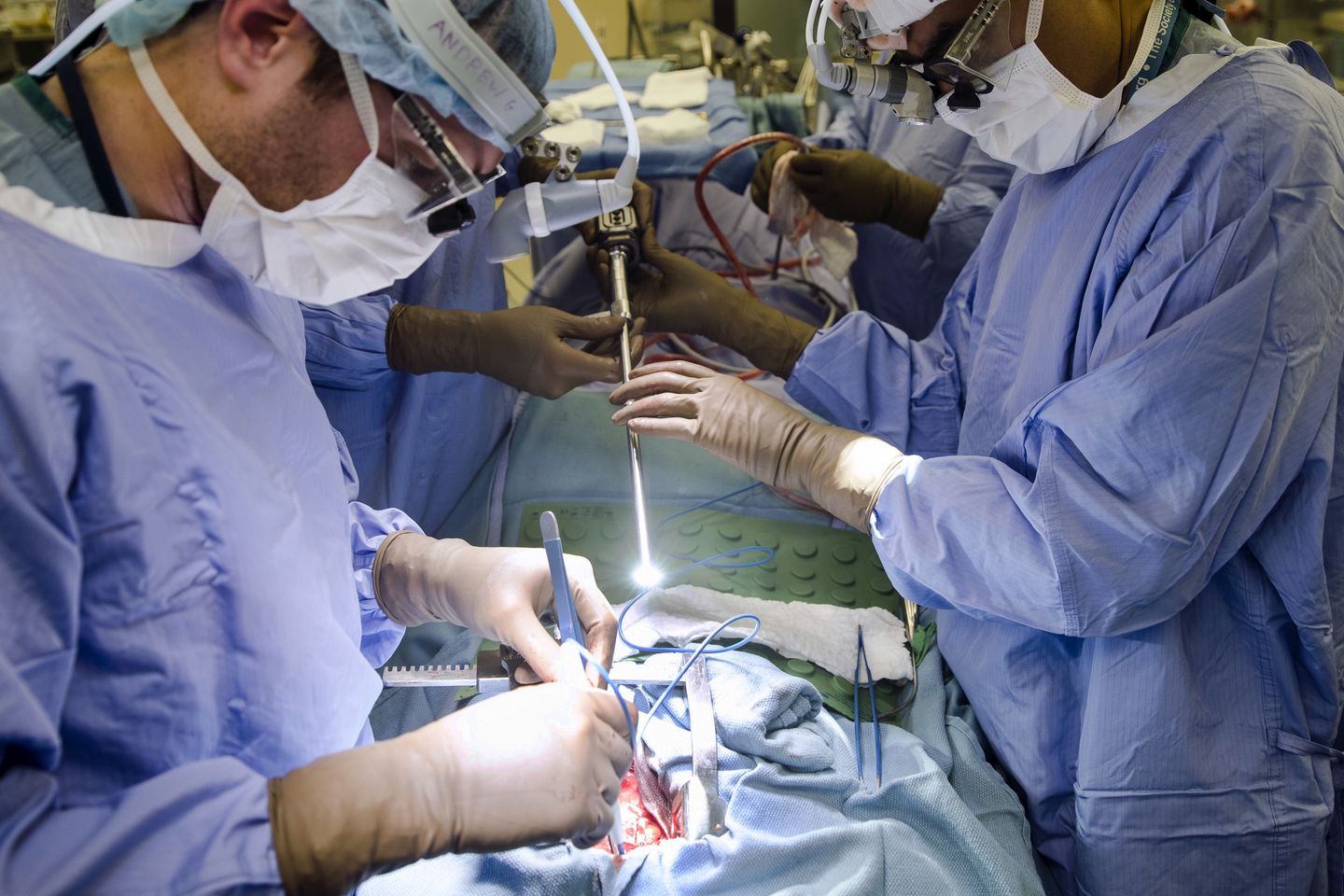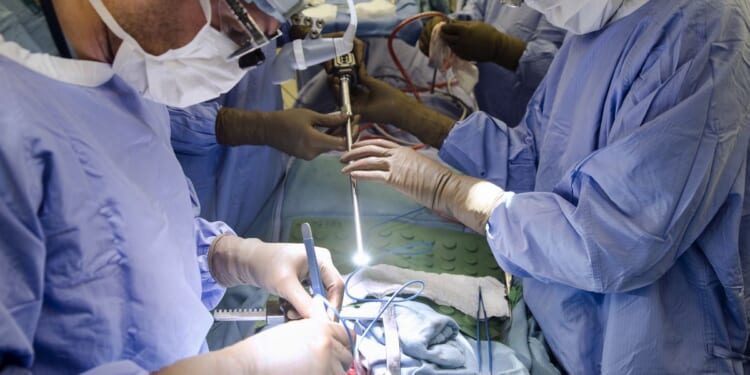
Up to 134,395 cancer cases went undetected as COVID-19 restrictions kept seniors home during the first 10 months of the pandemic, according to an analysis of federal statistics published Thursday.
Writing in JAMA Oncology, nine researchers analyzed trends in cancer diagnoses reported to the Centers for Disease Control and Prevention’s U.S. Cancer Statistics between 2018 and 2020 — the most recent years of federal data available.
With projections based on the two years preceding the pandemic, their study found that observed rates of all cancer types were 13% lower than expected from March to December 2020. Prostate, breast and lung cancers accounted for over a third of the shortfall.
The researchers said the sharpest drop occurred “during the height of the … pandemic response” from March to May. During those months, cancer diagnosis rates were 28.6% lower than expected, as COVID cases overwhelmed providers and doctors started offering video or telephone appointments to other patients.
These findings highlight shortcomings in the switch to telemedicine during the pandemic, said Todd Burus, a co-author of the study and epidemiologist at the University of Kentucky’s Markey Cancer Center. He noted that most cancer screenings occur among older adults, the same group most affected by COVID.
“While telehealth is wonderful for many situations, it is not a sufficient replacement for all preventive health services,” Mr. Burus told The Washington Times. “It is important for providers to encourage their patients to still attend in-person screenings and physicals and seek attention for anything abnormal they notice.”
He said forthcoming data from 2021 and 2022 will likely confirm that the cancers were “eventually diagnosed at a more advanced — and possibly less treatable — stage.”
The study is the first to offer a nationwide look at the disruptions that COVID health restrictions caused to cancer screenings. Doctors have said fears of catching the virus kept many older adults from visiting hospitals and other providers for routine medical care during quarantines.
Responding to an email from The Times, a CDC official declined to comment, noting that the federal agency does not usually address outside studies.
According to Amesh Adalja, an infectious disease specialist who has treated COVID cases, the fault for disrupting cancer screenings lies with “government policy makers” issuing public health policies that “were narrowly focused” on the virus alone.
“Hospitals and healthcare facilities suspended the performance of many services that were deemed ‘elective,’” said Dr. Adalja, a senior scholar at the Johns Hopkins Center for Health Security. “The study demonstrates that when implementing emergency measures, the full context must be kept in mind, including both the long-term and short-term consequences.”
In 2020, the study noted that 1,297,874 cancer cases were reported from March 1 through Dec. 31, at a rate of 326.5 cases for every 100,000 people. Based on trends from 2018 and 2019, it said the rate should have been 375.4 cases per 100,000 people.
According to the American Cancer Society, an estimated 1,898,160 million new cancer cases were diagnosed in 2021, 1,918,030 in 2022 and 1,958,310 last year. The group has projected 2,001,140 new cases this year.
The study estimated there were 22,950 potentially undetected cases of prostate cancer during the first 10 months of the pandemic, followed by 16,870 cases of undiagnosed female breast cancer and 16,333 cases of overlooked lung cancers.
Researchers also noted that “states with more restrictive COVID-19 responses had significantly greater disruptions” in cancer detection from March to May of 2020.
Dr. Craig Escude, a family physician and telemedicine advocate for disabled patients, said expanding virtual health care could minimize future disruptions by making it easier to focus on necessary visits.
He also urged government officials to offer public service announcements reassuring seniors that routine appointments and cancer screenings “can safely be done.”
“For screenings that require physical testing or blood work such as a mammogram or a PSA blood test, protocols should be initiated immediately to ensure the availability of these services,” said Dr. Escude, a fellow of the American Academy of Developmental Medicine.
For more information, visit The Washington Times COVID-19 resource page.












